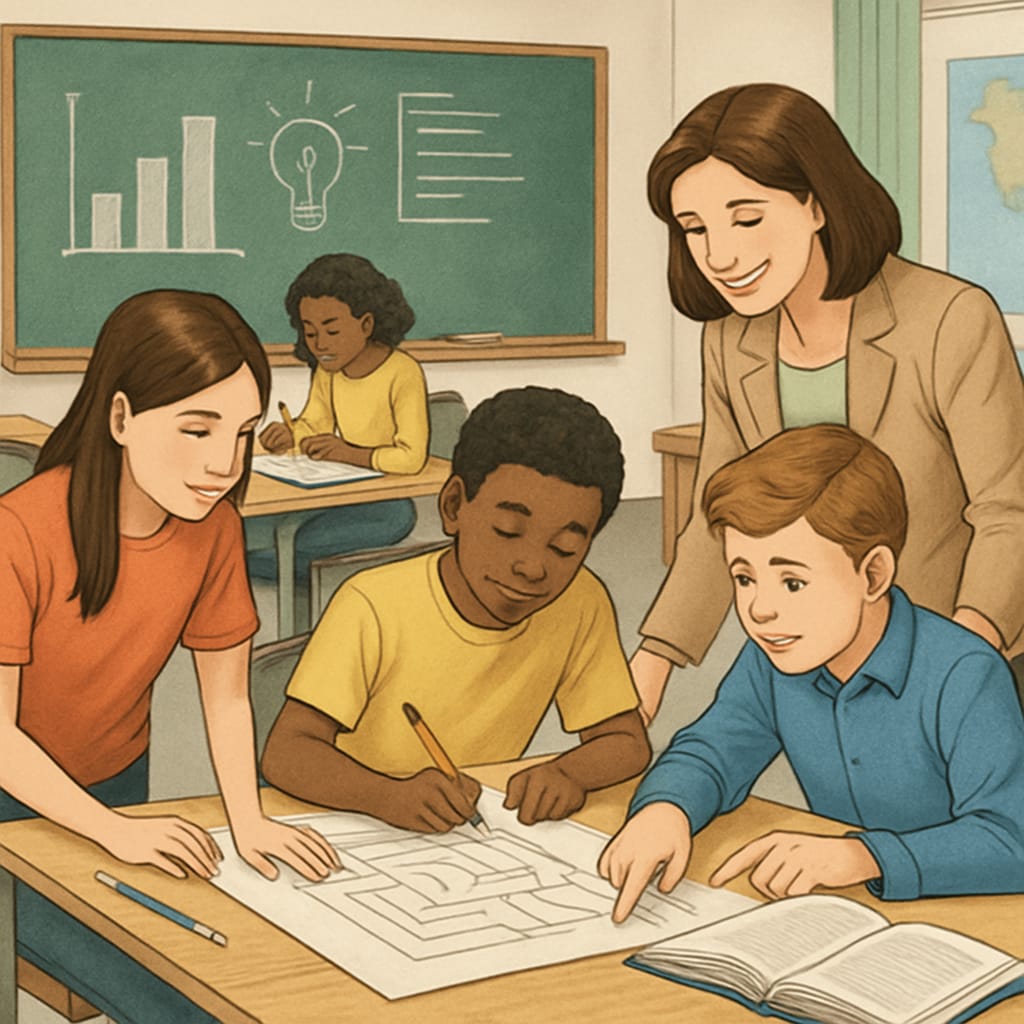The growing unemployment rate has sparked intense debates about the true value of education and academic achievement. Traditional schooling often prioritizes grades, yet the job market increasingly demands skills that extend beyond the classroom. This widening gap raises an essential question: What kind of education should we pursue in an era marked by economic uncertainty?
Rethinking the Purpose of Education
Education has long been viewed as a pathway to employment. However, as unemployment rates climb globally, it’s evident that academic achievement alone no longer guarantees job security. For instance, students with advanced degrees often struggle to find roles that align with their qualifications, leading to underemployment or unemployment. This underscores the need to redefine education’s purpose.
Instead of focusing solely on standardized tests or academic ranking, education should emphasize transferable skills such as critical thinking, adaptability, and collaboration. According to a report by the World Economic Forum, these skills are increasingly valued by employers navigating the complexities of modern economies.

Bridging the Gap Between Education and Employment
To bridge the gap between education and the job market, schools must align their curricula with real-world demands. While foundational knowledge remains important, the following strategies can help students develop the core employability skills that employers seek:
- Practical Learning: Incorporating internships, apprenticeships, and project-based learning within curricula gives students hands-on experience in solving real-world problems.
- Soft Skills Development: Communication, teamwork, and leadership training should be integrated into K12 education to prepare students for workplace dynamics.
- Digital Literacy: In a technology-driven world, proficiency with digital tools and understanding emerging technologies can significantly enhance employability.
For instance, Finland’s education system, often cited as one of the world’s best, emphasizes skill development and creativity over rote memorization. This approach not only fosters innovation but also equips students with the tools needed to navigate career challenges.

The Role of K12 Education in Building Resilience
K12 education serves as a critical foundation for students’ future success. By fostering resilience and adaptability during these formative years, schools can better prepare students for uncertain job markets. Here are some key areas where K12 education can evolve:
- Personalized Learning: Tailoring education to individual strengths and interests can help students discover their potential and cultivate a growth mindset.
- Entrepreneurship Education: Encouraging entrepreneurial thinking equips students to create opportunities rather than solely relying on traditional career paths.
- Global Competence: Teaching students to navigate diverse cultures and perspectives prepares them for a globalized economy.
As a result, education systems that prioritize adaptability and lifelong learning will likely produce students who thrive in both stable and volatile economic conditions.
Conclusion: Redefining Education for a New Era
The relationship between education and employment is evolving. As unemployment rates continue to challenge economies worldwide, the traditional focus on academic achievement must be supplemented with skills that foster employability and resilience. By rethinking education’s role, we can equip students with the tools they need to navigate an uncertain future and thrive in a competitive job market.
Ultimately, the question isn’t whether education is valuable—it’s how education can be transformed to deliver the skills and competencies that the modern world demands.
Readability guidance: The article uses concise paragraphs, clear transitions, and a mix of lists and text for readability. It emphasizes practical changes while ensuring a balance between theory and actionable insights.


